When you move your business to cloud technology, you need to run several apps, and thus you need to manage all of them effectively. Container orchestration helps reduce the complexity of managing apps and gives you better control over the cloud environment.
Three major container orchestration systems are Kubernetes, Docker-swarm, and Mesos. However, out of these three, people often choose between Kubernetes and Docker Swarm because Mesos is complex. This is also why Kubernetes vs. Docker Swarm has become a popular topic over recent years.
In this article, we will compare Kubernetes and Docker Swarm to help you to choose the best one according to your requirements.
Kubernetes vs. Docker Swarm: Overview
Before comparing Kubernetes and Docker-Swarm, you need to know what container orchestration is and why we need it. If you have migrated to the cloud and want to run several apps, you might require containers that provide an ideal environment for apps to run smoothly. Container orchestration helps you to share your app on different servers.
Container orchestration provides a management platform that gives you complete control over your data and apps. You can suspend and close your app with a single click. Also, container orchestration involves various tasks, such as provisioning a host, instantiating a set of containers, rescheduling failed containers and scaling out the cluster.
What is Kubernetes?
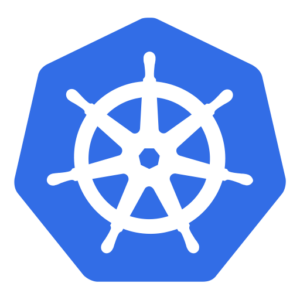
Kubernetes is a container orchestration tool, or you can say that it is a container management tool. It can automate container deployment, scaling or descaling, and load balancing. Google designed it, and later on, Google donated it to the Cloud Native Computing Foundation (CNCF). Now, Kubernetes is an open-source container orchestration system. It was released on 7th June 2014 and was designed to provide a platform for automating, scaling, deploying, and operating application containers across a cluster of hosts.
Features of Kubernetes
- Automatic Bin Packing
- Self-healing
- Horizontal Scaling
- Service Discovery and Load Balancing
- Batch Execution
- Storage Orchestration
- Automatic Rollback and Rollouts
- Secret and Configuration Management
What is Docker-Swarm?
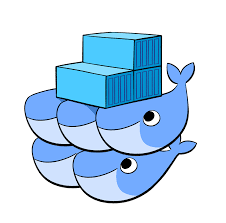
Docker-Swarm is a container orchestration tool owned by Docker. People often get confused between docker and Docker-Swarm; thus, it is essential to understand that Docker-Swarm is the actual container orchestration tool, not Docker. It was initially released in 2013 to reduce the complexity of container orchestration. Today, Docker-Swarm is known for being simple yet highly powerful. It is an open-source platform available for Linux, Windows, and macOS.
Features of Docker Swarm
- Cluster Management integrated with Docker Engine
- Decentralized Design
- Declarative Service Model
- Scaling
- Desired State Reconciliation
- Multi-host Networking
- Service Discovery
- Load Balancing
- Secure by Default
- Rolling Updates
Kubernetes vs Docker Swarm: Head-to-Head Comparison
Let's understand all the crucial differences between Kubernetes and Docker Swarm with the help of the following comparison table:
| Parameters | Kubernetes | Docker Swarm |
| Developer | Docker Inc. | |
| Source code | Open-source | Open-source |
| Installation | Setting up Kubernetes is quite complicated and tricky. | On the other hand, Docker Swarm aims explicitly to reduce the complexity associated with the setup of a container orchestration system; thus, installing and setting it up is simple. |
| Cluster | The cluster strength is strong. | The cluster strength in Docker Swarm is also strong. |
| Functionality | The real potential of Kubernetes functionality becomes evident when dealing with hundreds of containers. | If we consider a small number of containers, around 10 to 20, Swarm works the same as Kubernetes. However, Swarm is not as efficient when managing many containers as Kubernetes. |
| GUI | Kubernetes provides a GUI dashboard, making it easy to control your cluster. | Docker Swarm does not offer a GUI. |
| Fault tolerance | High | Low |
| Scaling | In Kubernetes, the scalability is easy but slow. | When it comes to scalability, Swarm is far better than Kubernetes. The scalability offered by Swarm is 4 to 5 times faster than Kubernetes. |
| Rollback | Kubernetes offers an automatic rollback feature. | There is no automatic rollback feature in Swarm. |
| Auto-Scaling | It comes with an auto-scaling feature, which comes in handy for accommodating the sudden increase in the number of users of an app. | Swarm doesn't offer the auto-scaling feature. |
| Logging and monitoring | There is an in-built logging and monitoring tool in Kubernetes. | There is no in-built tool for logging and monitoring in Swarm, but you can use a third-party tool for the same. |
| Community | Kubernetes has quite a large community across the globe. | Swarm is growing as a community but is not as large as Kubernetes. |
Conclusion
While searching for a container orchestration tool, you will likely get confused between Kubernetes and Docker Swarm. While both help you manage containers, there are several differences between them in terms of features and capabilities. Through this article, we have introduced you to both container orchestration tools and highlighted their differences.
We hope that by understanding how Kubernetes and Docker Swarm are different from each other, it will become easier for you to choose the one that seems to be the best fit for your requirements. Also, if you have any suggestions or queries, feel free to share them with us in the comments section below.
People are also reading:
- Difference Between RAM and ROM
- How to build Docker Images?
- Difference Between UNIX vs LINUX
- What is Docker Container Linking?
- Difference Between Data Science vs AI
- DevOps Interview Questions
- Difference Between CSS vs JavaScript
- Difference Between C++ vs C#
- How to tag Docker images?
- Difference Between TCP vs UDP
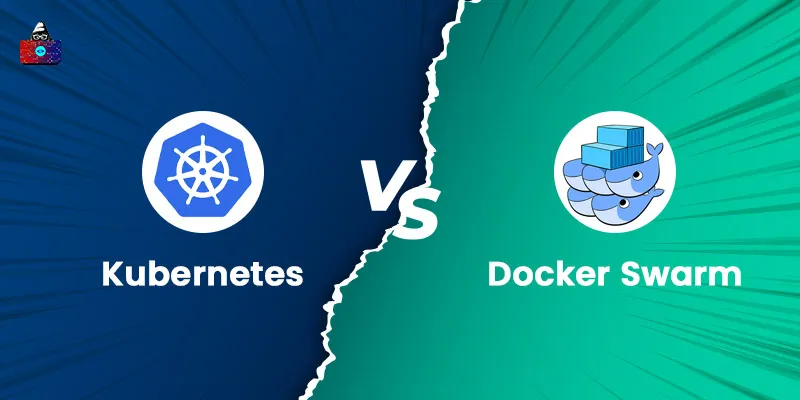

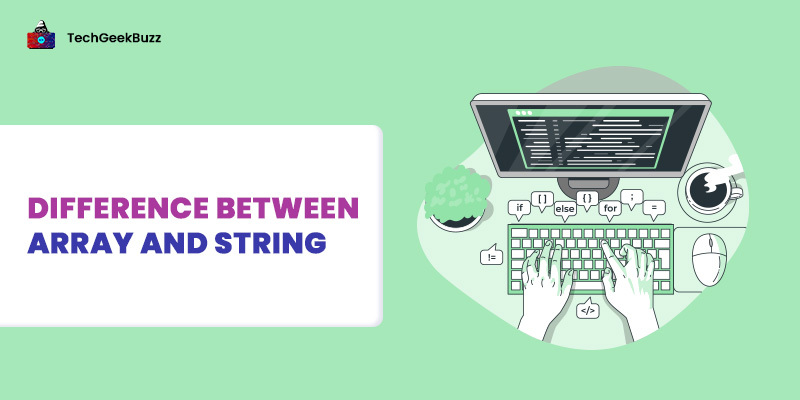
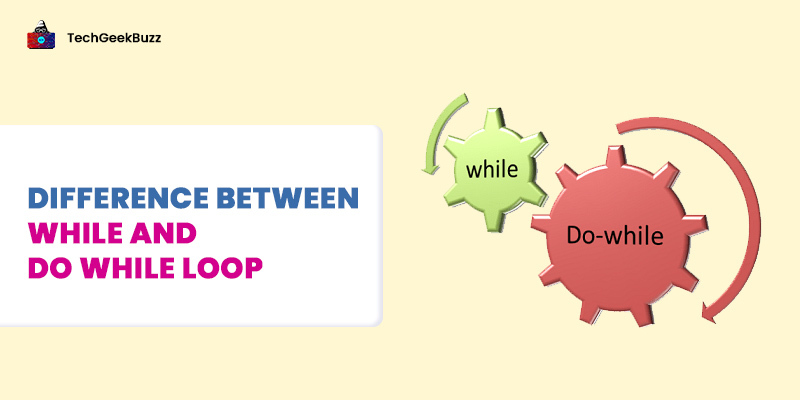
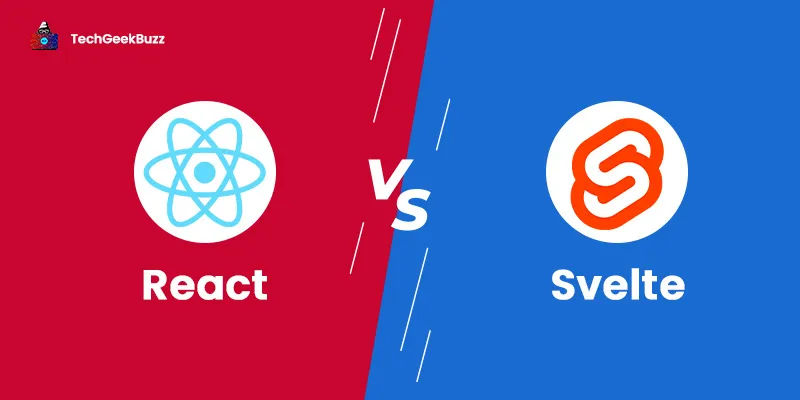
Leave a Comment on this Post